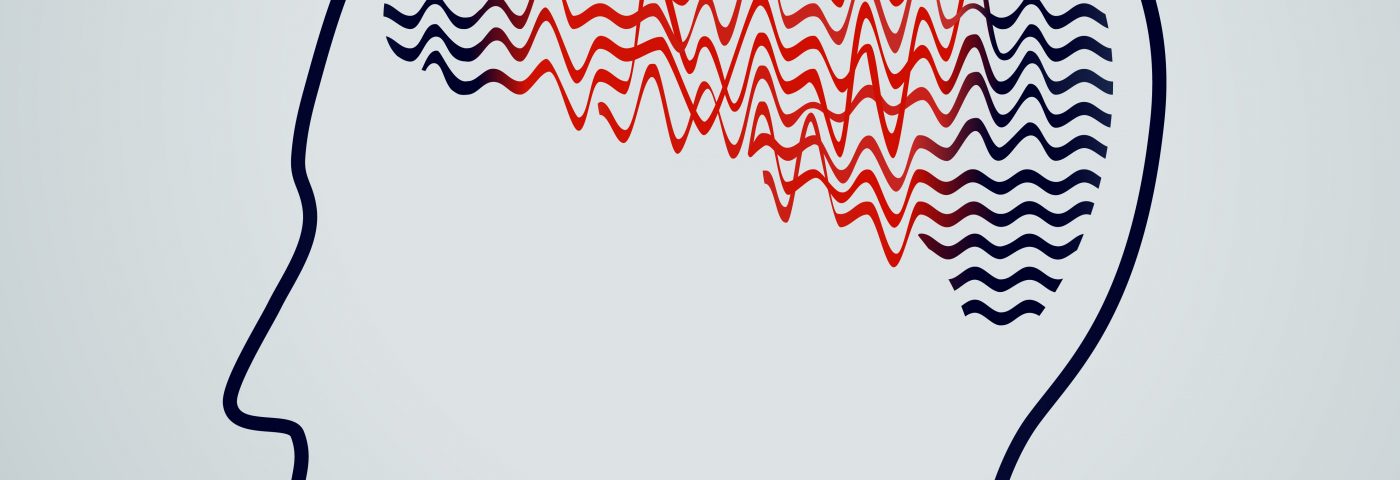Two common anticonvulsants, zonisamide and topiramate, are unable even at a high dose to prevent relapses of infantile spasms, researchers the University of California, Los Angeles (UCLA), reported. The findings indicate that, for now, surgery in eligible patients with this form of epilepsy is the only effective way of limiting such relapses.
The study, “Prevention of infantile spasms relapse: Zonisamide and topiramate provide no benefit,” was published in Epilepsia, the official journal of the international league against epilepsy.
Infantile spasms characterize West syndrome, an epilepsy of infancy and childhood. Patients generally respond well to initial therapies, but their risk of relapse is high because effective pharmacologic treatments have significant side effects over the long term. Zonisamide (ZNS) and topiramate (TPM) are commonly prescribed to prevent relapses after an initial therapy, but there is little concrete evidence to guide the clinical management of people with this type of seizure.
Researchers evaluated the efficacy of these two medicines as agents for secondary prevention of infantile spasms. The study included 106 pediatric patients with infantile spasms, who had responded to initial treatments that consisted of either hormonal therapy (58 patients), surgery (23), or vigabatrin (25). To prevent a relapse, 37 patients were given ZNS, 34 received TPM, three were given both ZNS and TPM, and 38 received neither drug.
A total of 44 relapses were noted, with a median time of 6.9 months after the initial response. Only older patients and those successfully treated first by surgery (surgical resection) were less likely to suffer a relapse. Treatment with either TPM or ZNS also did not affect time to relapse.
“Neither ZNS nor TPM was successful in preventing relapse of infantile spasms, despite relatively high dosages. At this time, aside from surgical resection in eligible candidates, there is no known treatment that is efficacious in the prevention of relapse of infantile spasms,” the researchers, at the Mattel Children’s Hospital UCLA, David Geffen School of Medicine, concluded.
The research team suggests a larger follow-up study is necessary to definitively assess the efficacy of these two drugs in clinical practice.


